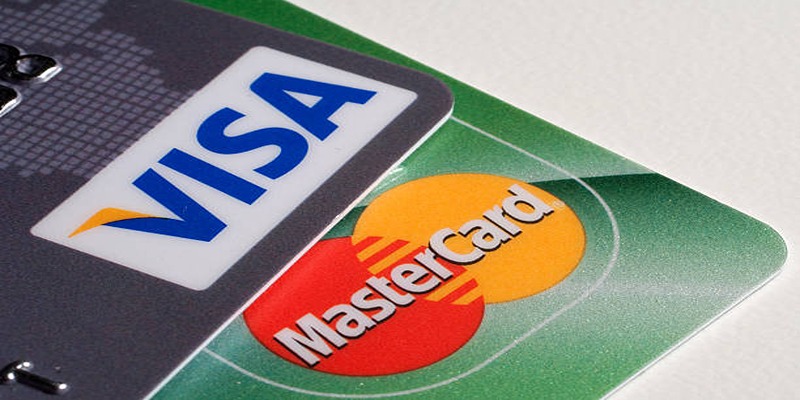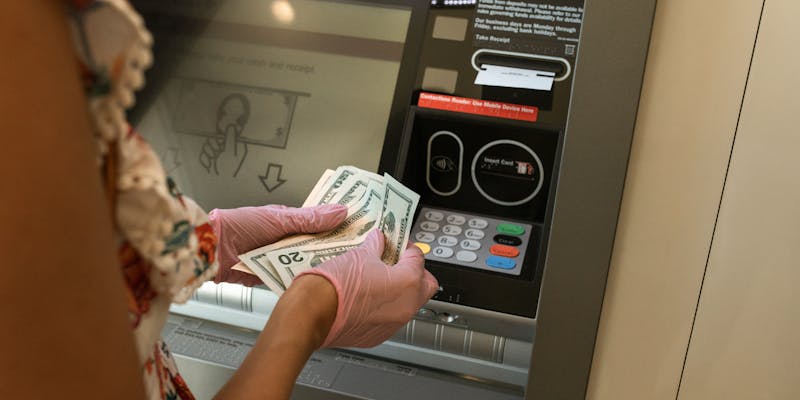Advertisement
Buying a home can be one of the most exciting yet financially demanding moments in a person's life. For many, saving up for a down payment can feel like climbing a steep mountain. This is where financial help from friends or family comes in handy. Often, people receive monetary gifts from loved ones to ease the burden of a home purchase.

But did you know that if you use this gift for a mortgage down payment, it requires more than just a handshake? Enter the gift letter a crucial document needed by lenders to ensure everything is on the up and up. This article will explain what a gift letter is, why it matters, and how to make sure yours is up to par when applying for a mortgage.
A gift letter for a mortgage is a document that explicitly states that the money being given to the homebuyer by a friend or family member is a gift, not a loan. In other words, the person gifting you the money does not expect to be paid back, and no secret loan agreement exists between you two. Lenders require this confirmation because they want to ensure the money for your down payment isn't a loan disguised as a gift, which could affect your ability to repay the mortgage.
The gift letter serves as a formal declaration from the person giving the money (the donor) to the lender. It includes information like the donor's name, their relationship to the homebuyer, the amount of the gift, and a statement that repayment is not expected. It's a simple yet necessary document that gives lenders peace of mind and helps protect the integrity of the loan process.
Lenders have strict guidelines for where down payment money comes from. A borrower's ability to make a down payment on a mortgage is a big part of what makes them eligible for a loan in the first place. If a borrower takes on additional debt to make the down payment, it can change their debt-to-income ratio, a key factor that lenders use to determine whether someone qualifies for a mortgage.

By requiring a gift letter, lenders can confirm that no such debt exists. The gift letter reassures them that the borrower isn't taking on a loan that they'll have to repay on top of their mortgage, which could put financial strain on their ability to make monthly payments.
A gift letter may sound complicated, but it's really just a straightforward document. Typically, it needs to include a few basic details to satisfy the lender's requirements. Here's what you'll usually find in a gift letter for a mortgage:
The donor's Name, Address, and Phone Number: Basic contact information about the person giving the money.
The Amount of Money Gifted: The exact dollar amount that is being given.
The Relationship Between the Donor and the Homebuyer: Lenders often prefer that the donor be someone close to the borrower, like a family member. If the gift is from a friend or distant relative, the lender may ask for more information.
A Clear Statement that the Money is a Gift, not a Loan: This is perhaps the most important part of the letter. It must explicitly state that the donor does not expect the money to be repaid.
The Donor's Signature: To finalize the document, the donor needs to sign it.
Some lenders may have their own template or form for gift letters, while others may accept a simple, well-drafted letter. Either way, it's important to check with your lender to ensure you're meeting all their requirements.
Gift money is often used by first-time homebuyers who may not have saved up enough for a down payment on their own. The down payment is typically one of the largest upfront costs of buying a home, and many buyers look to family members for help. Parents, grandparents, or other relatives are common sources of gift money.
There are no hard and fast rules about how much gift money can be given, but lenders typically prefer that the down payment is made up of more than just gifted funds. Some lenders may require the borrower to contribute at least a portion of the down payment from their own savings. This shows that the borrower has some financial skin in the game and isn't relying entirely on gifts or loans.
It's important to note that gift money can have tax implications for the donor. In the United States, for example, any gift over a certain threshold (currently $17,000 in 2024) may require the donor to file a gift tax return with the IRS. However, most people won't actually owe any gift tax unless they've given away a substantial amount of money over their lifetime, far exceeding that threshold.

For homebuyers, it's generally a good idea to have an open discussion with the person gifting the money about any potential tax implications. They should consult a tax advisor to understand their responsibilities, especially if the amount being gifted is significant.
A gift letter for a mortgage is more than just a formality; it's an essential part of ensuring that the money you're receiving from loved ones is considered legitimate by your lender. While the process of providing a gift letter may seem tedious, it's there to protect both the lender and the borrower from misunderstandings about the source of funds.
By understanding what a gift letter is and why it's needed, you can be better prepared to navigate the mortgage process. Whether you're receiving financial help for a down payment or just curious about the requirements, knowing how a gift letter works can ease the process and bring you one step closer to owning your dream home.

By Juliana Daniel/Feb 19, 2025

By Pamela Andrew/Dec 05, 2024

By Madison Evans/Oct 24, 2024

By Christin Shatzman/Oct 15, 2024

By Sid Leonard/Dec 07, 2024

By Celia Shatzman/Oct 22, 2024

By Madison Evans/Nov 05, 2024

By Gabrielle Bennett /Dec 14, 2024

By Mason Garvey/Dec 15, 2024

By Elva Flynn/Mar 17, 2025

By Pamela Andrew/Oct 10, 2024

By Elena Davis/Jan 08, 2025